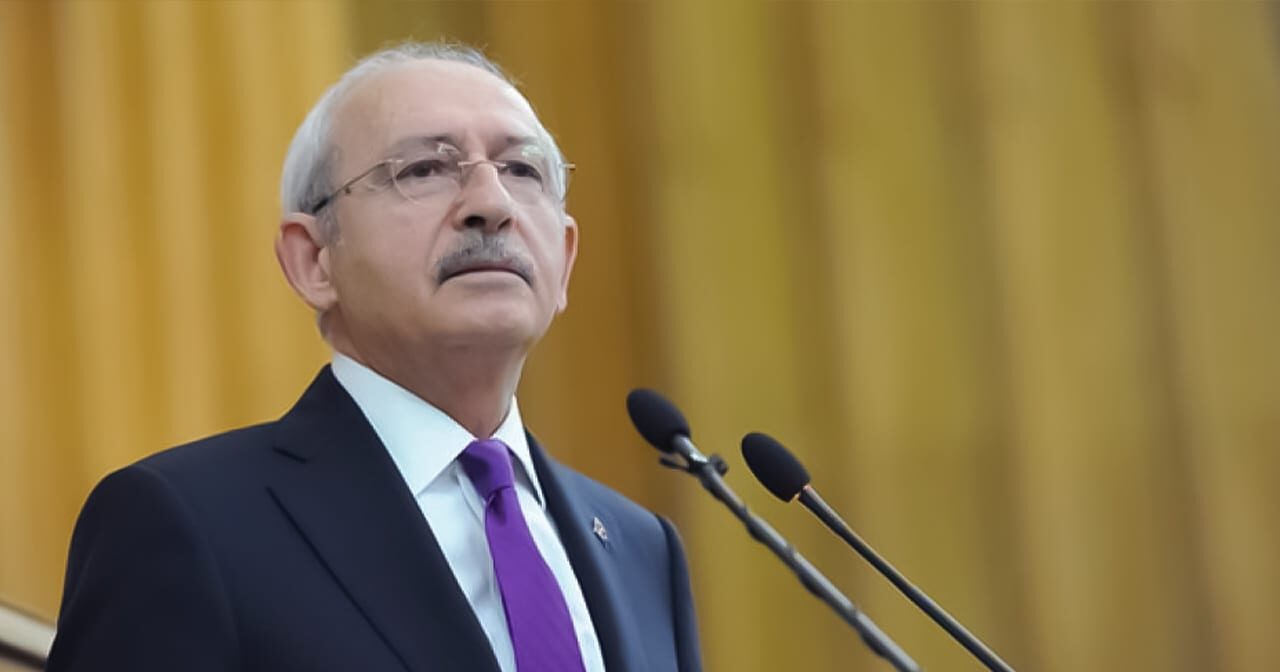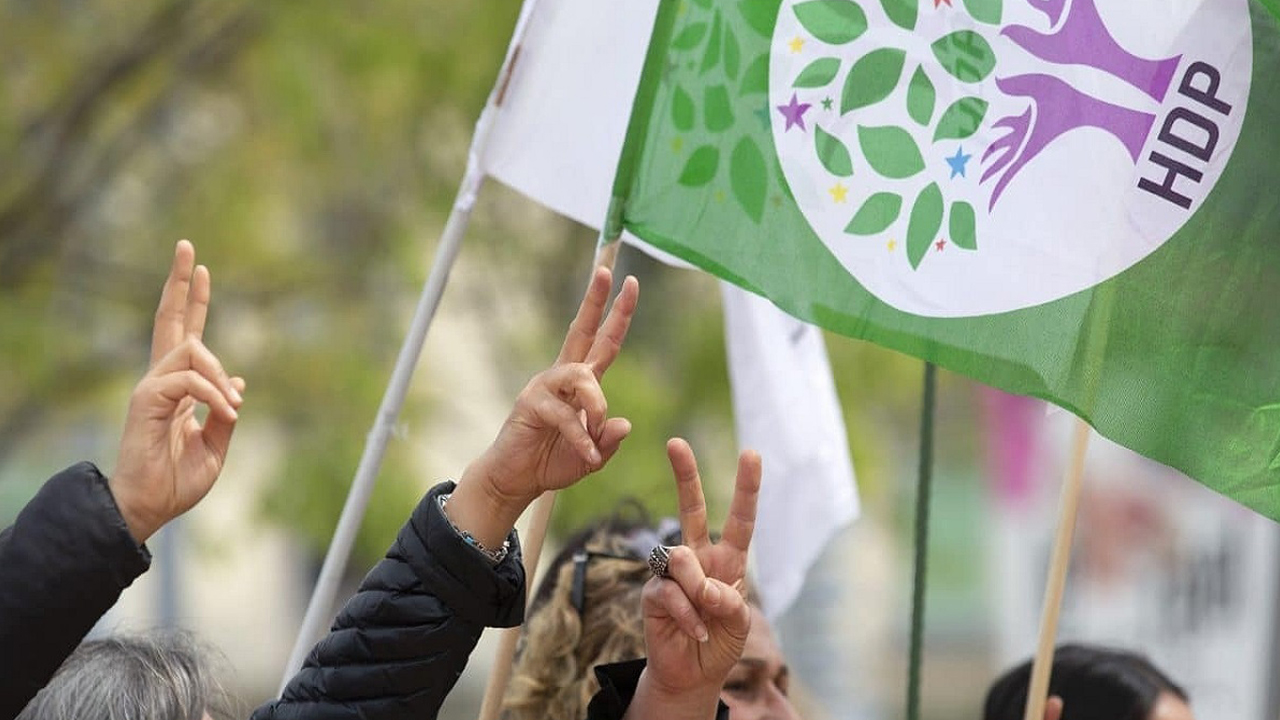Amed Dicle
As this article was prepared, Turkish President Recep Tayyip Erdoğan made the official announcement that the parliamentary and presidential elections will be held on 14 May. A day before, the Constitutional Court postponed the deadline for the Peoples’ Democratic Party’s (HDP) oral defence in the case to shut the pro-Kurdish party down, a move the party’s co-chair Mithat Sancar said was made to ensure that the proceedings coincided with the election timeline.
This much is for certain: The day of 14 May will be the tightest turn on the road the peoples of Turkey have been on for a century.
Why?
Turkey has spent the last 21 years under the rule of Islamist governments of the Justice and Development Party (AKP). Since 2015, the same regime has continued under an unofficial coalition with the extreme right Nationalist Movement Party (MHP). There have been different stages in Erdoğan’s two decade-long regime, but the latest iteration has been pro-racism, anti-pluralism, pro-Salafism, and pro-Turkism. This dictatorial regime has infiltrated everything in Turkey. Erdoğan is at the helm of this regime gone awry, and hopes to make his dictatorial rule permanent with another five years in these elections.
The freak regime Erdoğan ushered in, the “Presidential System”, will be past the point of no return, if Erdoğan gets his way. Many political observers rightfully say these are the last elections Turkey will ever see. In short, if Erdoğan wins, his position will be akin to Saddam Hussein’s in Iraq. The stakes are that high, the situation that critical, that bad, and that dangerous.

Countering Erdoğan, there are two other main currents in the country. First is the Nation Alliance, made up of six opposition parties of varying sizes, led by the main opposition Republican People’s Party (CHP). This alliance, with its presidential candidate CHP leader Kemal Kılıçdaroğlu, wants to rid Turkey of the Erdoğan regime and defends a parliamentary system. However, this group also has many views that parallel Erdoğan’s theses. Their policies for Turkey’s democratisation, the Kurdish issue, women’s movements, climate change, etc. remain superficial and pragmatic.

The third political line is the Labour and Freedom Alliance, led by the HDP. The Kurdish political movement is the largest constituent in this alliance, and Turkey’s socialist and left-wing organisations form its foundations. This alliance defends society-focused projects and peaceful domestic and foreign policy.
The two opposition currents agree on many issues, and if a new government replaces Erdoğan’s, there will be a lot of political struggle for the agreed-upon matters, as well as on disagreements. In the end, it is unknown how much further democratisation will occur. Yet, many voters are motivated by a simple, “It can’t be worse than Erdoğan”.
So what does that tell us?
Erdoğan’s regime was already losing support, but the immense disaster that was the 6 February earthquakes has accelerated this. More than 45,000 people died in the earthquake, and thousands among them could have survived if not for state negligence.
The CHP took a very active stance in the disaster response, and Kılıçdaroğlu rightfully and clearly pointed to Erdoğan as the culprit. Meanwhile, HDP’s relief supplies were confiscated and efforts curtailed.
Erdoğan did give a self-critique later, but the earthquake has driven a huge rift between him and the people. The president is all the more powerless, and can no longer rule over the state. He is at his weakest in politics. It appears that various state dynamics in the capital no longer stand by Erdoğan sitting on the driver’s seat. The everlasting rule in politics is true here as well: The weak have no allies.
Many believe Erdoğan will “not leave even if he loses”. This is a significant and genuine concern for many, but it is also exactly what Erdoğan wants people to think. Of course he will “go” if he loses the election. Yes, he will do whatever he can before the elections to stay, but there is nothing he can do if he can’t secure sufficient support from the people. Under current conditions, it is best if he leaves via election. If legitimate methods don’t work, a civil war could break out. That is the risk at this tense junction.
The most important factor to determine Erdoğan’s fate is the Kurdish issue and his approach to Kurds. The state has put forth the president as the most useful politician in its war against Kurds. His alliance with jihadist groups against Kurds in Syria in particular has been what kept his seat warm in Ankara. But that war is not won. Yes, the Kurds have paid a severe price, their cities were razed to the ground and thousands were killed. But the Kurdish struggle managed to remain standing.
Thousands of Kurds are behind bars, the HDP faces a closure case. But at the end of the day, the political structure that represents the Kurdish people currently has the power to determine the outcome of the 14 May elections.
The election system in force requires a presidential candidate to win 50 percent plus one of the vote. The opposition candidate is not there yet, but Erdoğan is much further away. And, the HDP sits on about 15 percent of the vote. This strong of a voting bloc for sure would deliver a political blow to Erdoğan that he cannot bounce back from. Just this fact alone shows that the state will no longer need the president.
On the other hand, the military forces of the Kurdish movement called for a period of no action after the earthquake. Kurdistan Workers’ Party (PKK) guerrillas announced that they would not carry out any actions unless the Turkish army attacked them. Erdoğan did not like this decision: One way out for him is perpetuating the war. He wishes to rile up nationalism and consolidate his base via a war against Kurds. PKK’s decision takes Erdoğan’s power away. As such, it is possible that various bloody scenarios will be acted out in the coming period.
In short, the Kurdish movement as both political actors and military dynamics have been taking necessary steps to take down the Erdoğan regime. There could be more moves to come, for instance, the HDP may refrain from putting up its own candidate and back Kılıçdaroğlu. This would depend on Kılıçdaroğlu himself, if he visits the HDP and directly asks for support, offering convincing promises towards democratisation, the HDP may respond. And the PKK, despite ongoing Turkish army attacks every day, could somehow keep up its decision of no action until the elections.
These two steps by the Kurdish side could trigger the fall of the Erdoğan regime, but the fall does not mean an immediate ushering in of democracy. There is a serious rupture. There are immense issues. And unfortunately, the political powers that emerge as alternatives do not have the vision to resolve these issues.
However, the fall of the Erdoğan regime could create a relatively positive atmosphere. Under such conditions, a foundation could be laid to resolve the most important issues in the country. But on the flip side, i.e. if Erdoğan wins, the situation will go from dark to pitch black.
Turkey’s choice is between this pitch black darkness, or a path back from it.










